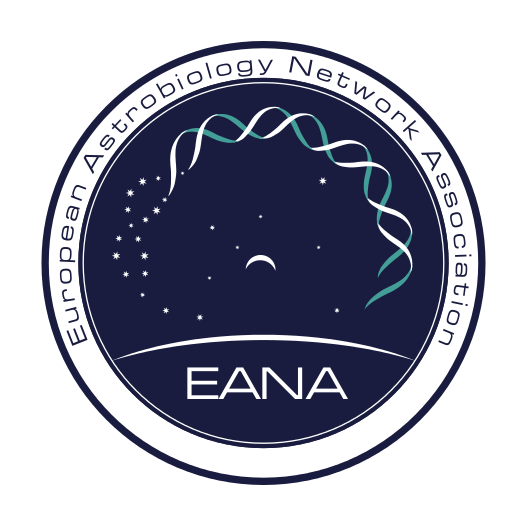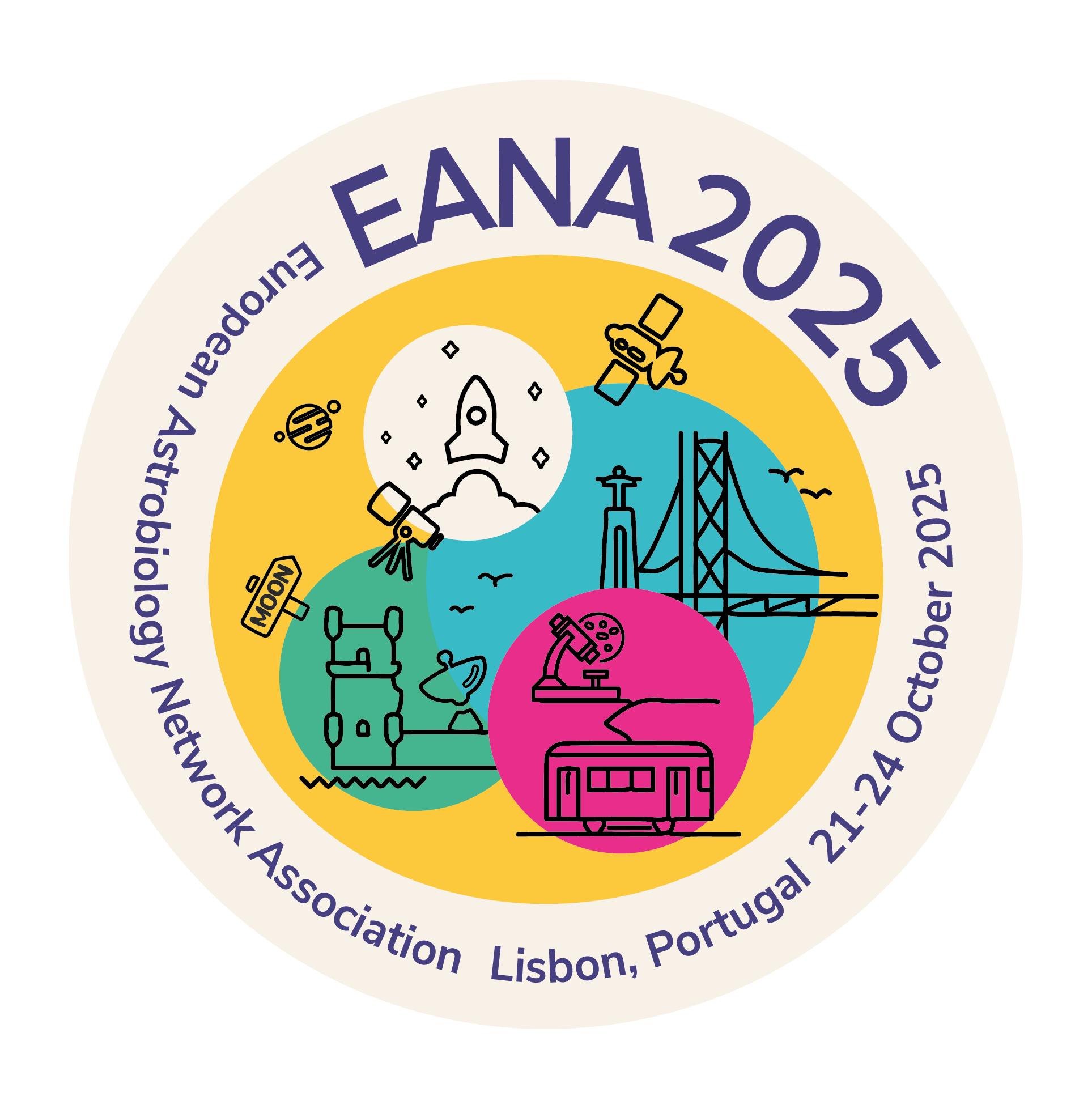 |
Abstract EANA2025-4 |

|
Microbial activity and biosignature preservation amongst alkaline hot springs at Lake Magadi, Kenya
Located in the East African Rift Valley, Lake Magadi is an alkaline, hypersaline lake recharged by hot springs. Multiple environmental stressors in this habitat, including high pH, temperatures, and metal concentrations place it among the most poly-extreme habitats on earth, where little life is found except on the microbial scale. However, the functional diversity and metabolic capabilities that enable microbial survival in this habitat are understudied, providing an untapped resource of palaeoecologically and biotechnologically relevant adaptations. We will employ shotgun metagenomics to characterise microbial taxa richness, metabolic pathways and the genomic-basis for adaptation to multiple extremes. This may inform our hypotheses of what adaptations life may require to survive on other bodies in our solar system with evidence of hydrothermal activity, such as the icy moons Europa and Enceladus. Furthermore, the Magadi basin is geologically unique, possessing outcrops of magadiite, a hydrothermally inlfluenced siliceous mineral phase. Preliminary studies have revealed the presence of organic matter within these deposits, which we plan to investigate in more detail for records of ancient microbial life. Elemental composition, mineralogy and microstructures will be investigated using a range of spectroscopic and microscopic techniques, and compared between samples of a range of ages, to reveal which biomolecules and relics of biomass survive diagenesis in a hydrothermal environment. This environment has been identified as a suitable analogue for hydrothermal environments on Archaean Earth, and on Mars; thus, information contained in these sub-fossils may help to reconstruct some of the earliest microbial processes and inform our interpretation of potential biosignatures in samples from future Mars sample-return missions.
